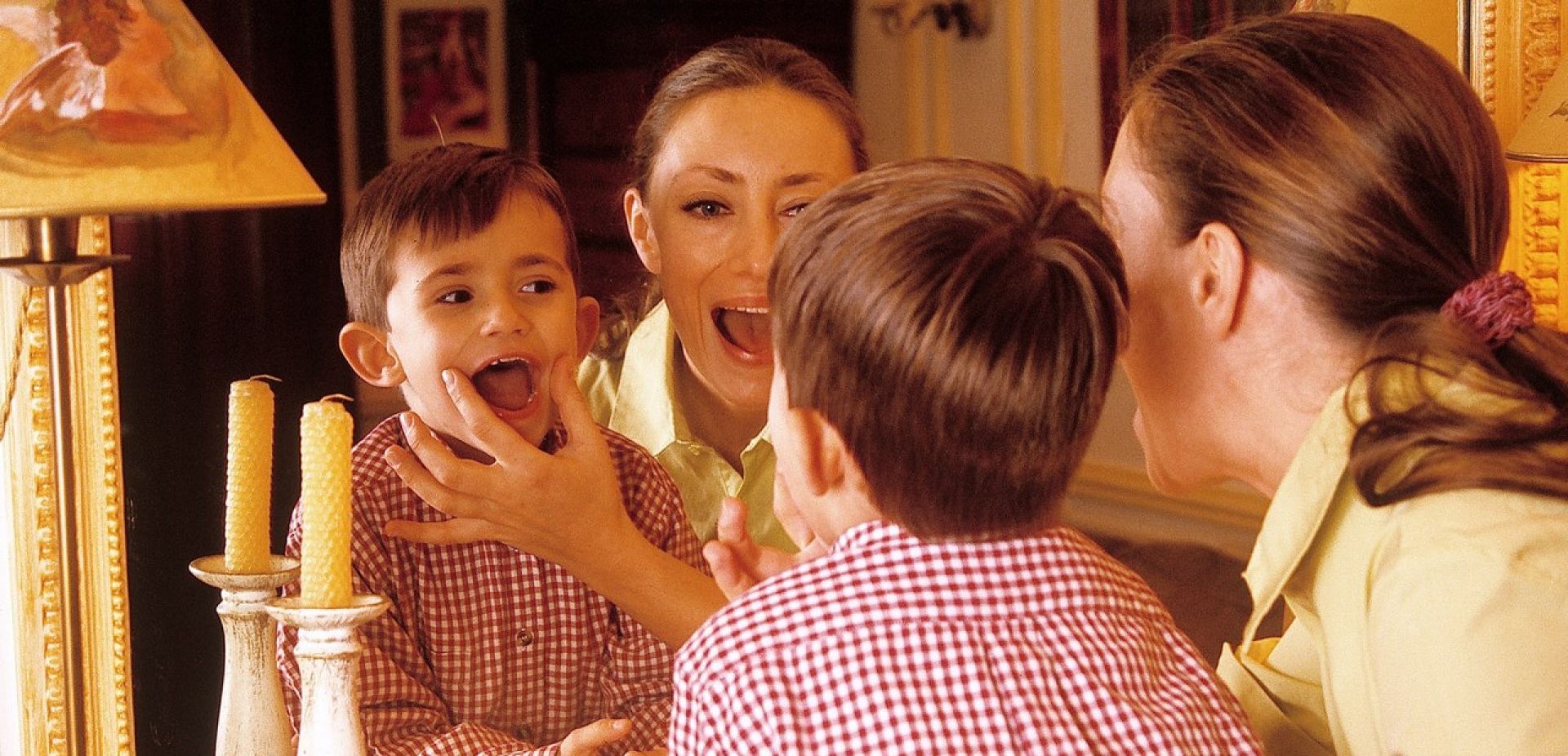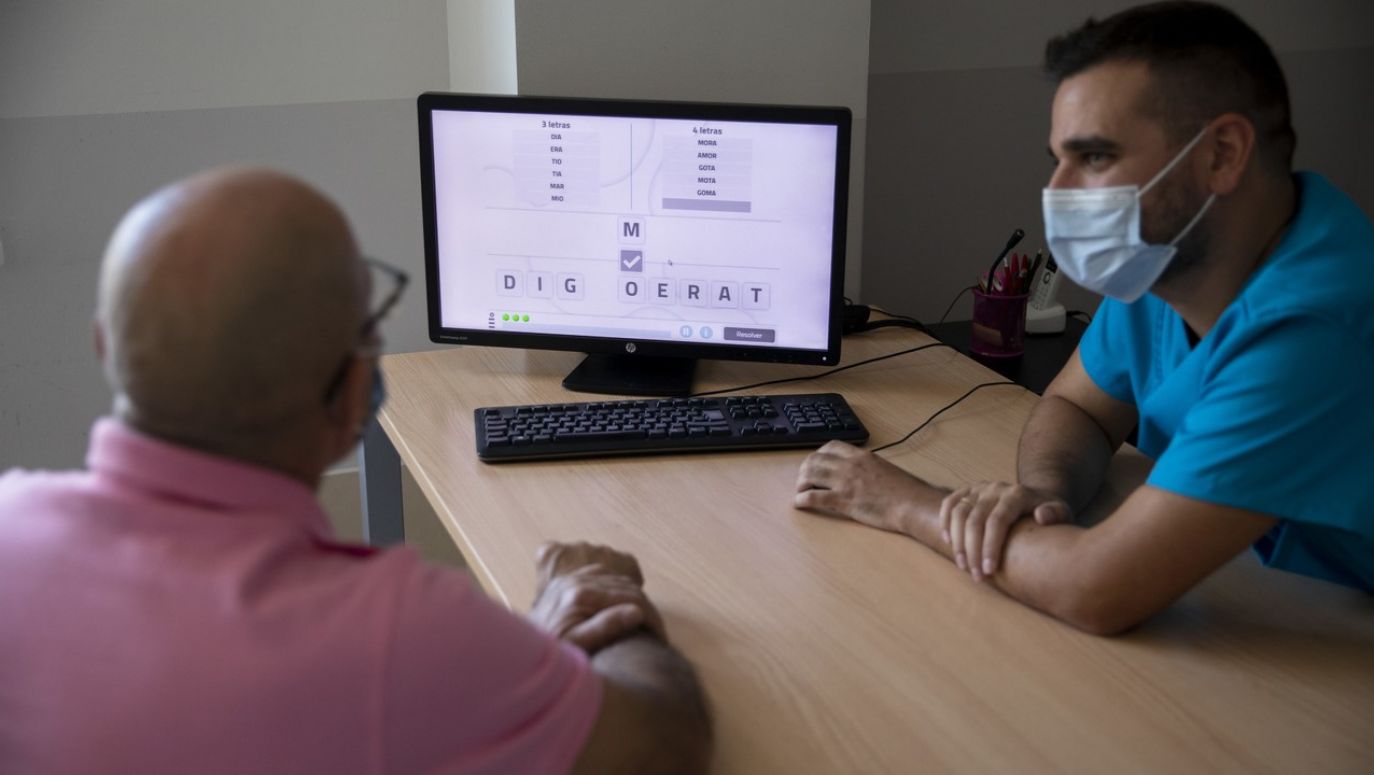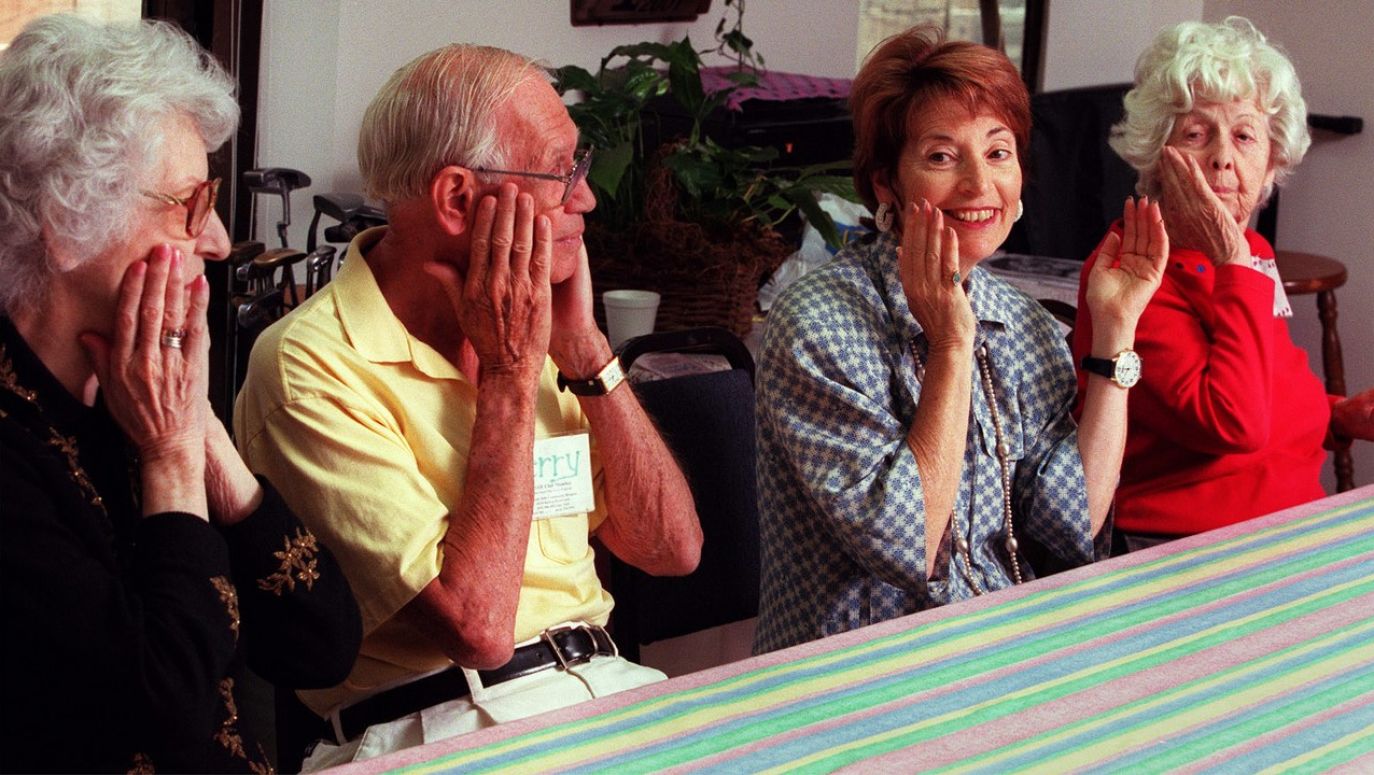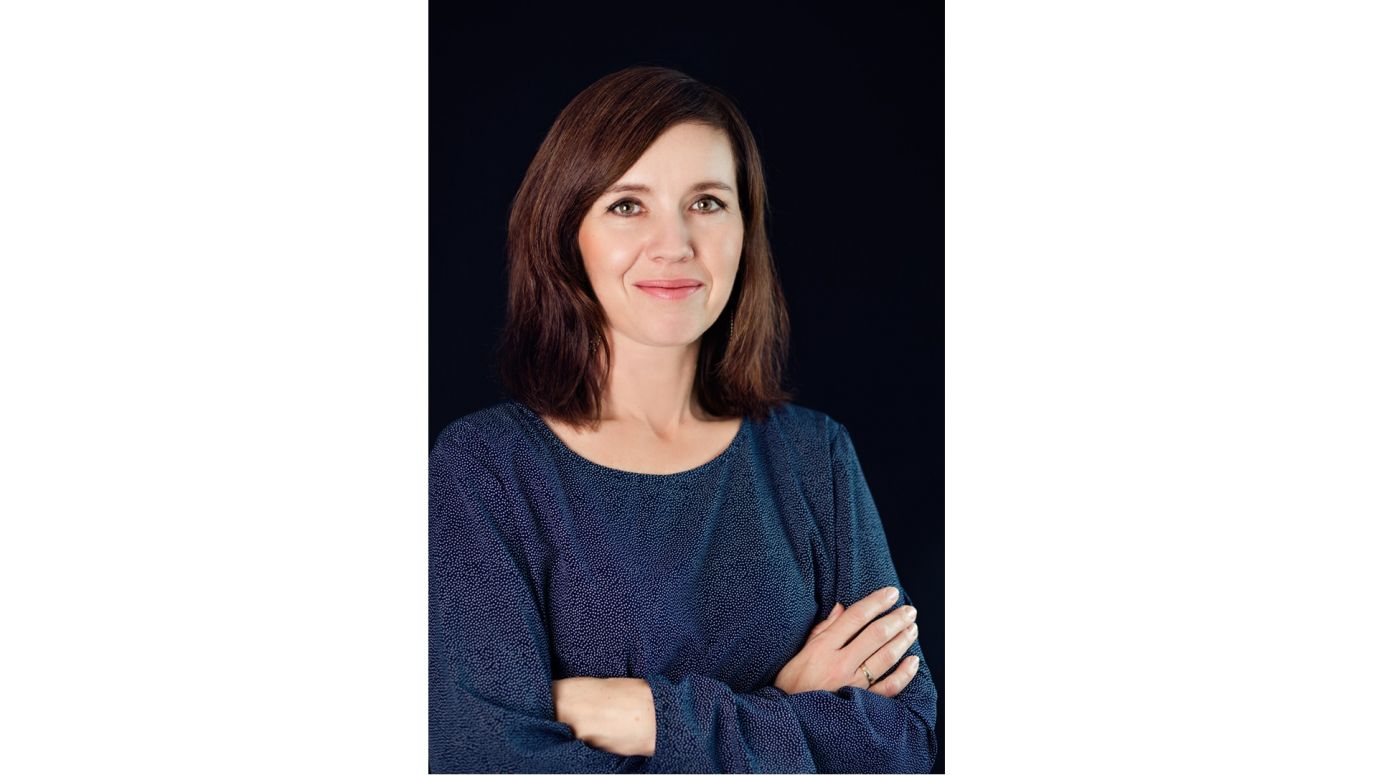TVP WEEKLY: Let's start with an apparently obvious question: what is the difference between a speech therapist and a neurologopedist?
EWA ZANIEWSKA: Both specialists deal with broadly understood speech therapy. Speech therapists work on correcting speech defects, such as a lisp or an inability to articulate the "r" sound. Also, they often deal with speech disorders such as when a child on reaching the age where she or he should start talking doesn’t speak or speaks minimally. Neurologopedists on the other hand deal with speech disorders caused by neurological issues, that are the result of brain damage.
You mean brain injury?
This is generally the case, but not solely. The most common neurological speech disorder in adults is aphasia, -- loss of the ability to comprehend and formulate what you want to say. In most cases, it is caused either by head trauma or a stroke. The other common disorder is dysarthria, which is caused by some dysfunction of the speech apparatus, such as tongue, palate or larynx ...
By definition, a neurologopedist should have wider knowledge and more skills than a speech therapist. However, given that their competences are similar to a larger extent, the decision on which specialist to consult should be made on a one-to-one basis depending on the specific case.
A neurologopedist also works with people who don't speak at all. However, even when someone's brain is damaged to the extent that it is unable to regain the power of speech, there is still a lot it can do. Two patients of mine can serve as examples. One of them is an elderly lady who, after three strokes, has quadriplegia. When working with her, my aim was to enable her to eat normally, i.e. to take meals in her mouth, not enterally. Primarily, this required lowering the muscle tensions in her face and neck area.
 SIGN UP TO OUR PAGE
SIGN UP TO OUR PAGE 
The other patient was a young man recovering from a serious accident. I wanted his face to stop looking mask-like. I wanted him to be able to make the simplest facial expressions again, to smile, frown, to raise his eyebrow...
So in this case your aim is to help the patient with his non-verbal communication with the world? The concept of ‘non-verbal communication’ is quite broad, isn’t it? A person can be bad at it even when able to talk. Isn't that correct? Like for example Sheldon Cooper in the popular TV series "The Big Bang Theory" ...
Yes, patients diagnosed with pragnosia (a defect in the pragmatics of communicative style) often have issues with contextual understanding. For example, a patient is able to talk and communicate, but due to damage to the right hemisphere of his brain (after a stroke for example), he cannot understand jokes or is unable to adapt his style of expression to the person he is talking to. In some instances, such a patient talks like a hooligan, despite being a well-educated and cultured individual. He is not able to use polite forms, often swears and is incapable of understanding that something is wrong. Nor does his family understand what is happening. We can help such people in a professional manner.
We usually know why children require a speech therapist. They often need help to learn how to pronounce sounds like "r", "c" or "sz" (Polish equivalent of "sh"), and the cause of their troubles may be as prosaic as bottle-feeding for too long. But what is the difference between the problems of adults and children?
It is easier to help the little ones because they have yet to experience all the issues adults are burdened with, such as malocclusion, improper structure of the palate, muscle tension or contractures, the habitual incorrect working of the tongue ... In the case of a child, a lot can be done without asking for the help of an orthodontist. However, it is easier to cure a lisp in an adult patient than a child. An adult is more motivated, he is ashamed, wants to work, do the exercises.

 SIGN UP TO OUR PAGE
SIGN UP TO OUR PAGE 








